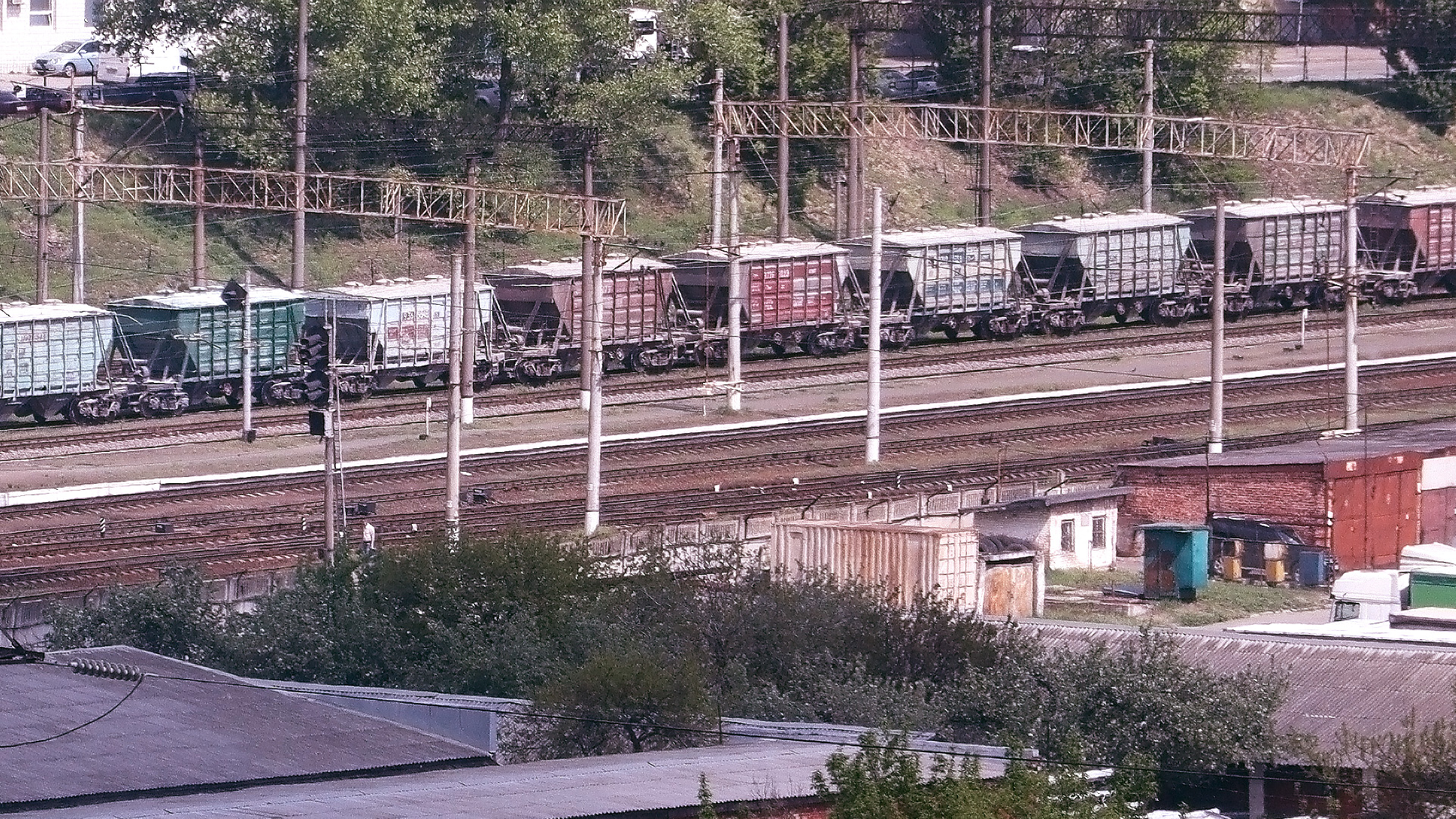On August 6, 2020, the Antimonopoly Committee of Ukraine (AMCU) adopted a decision to oblige JSC “Ukrzaliznytsia” (UZ) to cancel a separate tariff for low-density stations and to refrain from practices of recognizing railway cargo stations as low-density ones.
AMCU has recognized that UZ has set tariffs unilaterally for providing services for low-density cargo stations without the request and approval of cargo owners. Due to the monopoly status of JSC “Ukrzaliznytsia” on the railway transport market of Ukraine, business entities had no options but to sign an additional agreement to the contract for the services of load and unload of wagons and containers at the low-density stations. The cost of the services amounted to nearly UAH 170,38 without VAT (UAH 204.46 with VAT) per 1 wagon/1 kilometer and was further increased. The cost analysis provided by the AMCU has proved that tariffs for delivering wagons to low-density stations are economically unreasonable and established without taking into consideration certain factors, in particular, regarding the number of wagons that are delivered or picked up to the stations, their filling with goods, etc., which indicates incorrect calculations and unreasonable cost of the service. UZ could not refute the conclusion of the AMCU on violations in the calculation of the cost of the provided services.
Therefore, the Antimonopoly Committee of Ukraine took a decision:
- To acknowledge the actions of JSC “Ukrzaliznytsia” as an abuse of its monopoly position on the market of freight transportation which led to infringement of the interests of business entities;
- To impose a fine on JSC “Ukrzaliznytsia” at the level of UAH 18,28 mln.;
- To order JSC “Ukrzaliznytsia” to stop violations and refrain from practices of establishing tariffs for delivering wagons to low-density stations.
UZ has to notify the AMCU on the execution of the above decision and payment of the fine within two months.
Experts of the member companies of the American Chamber of Commerce in Ukraine welcome the AMCU decision and hope that in the future the practice of recognizing cargo stations as low-density ones will be stopped as the closure of cargo stations leads to significant financial losses of companies, causes delays in export shipments, and makes cargo stations unprofitable.




























